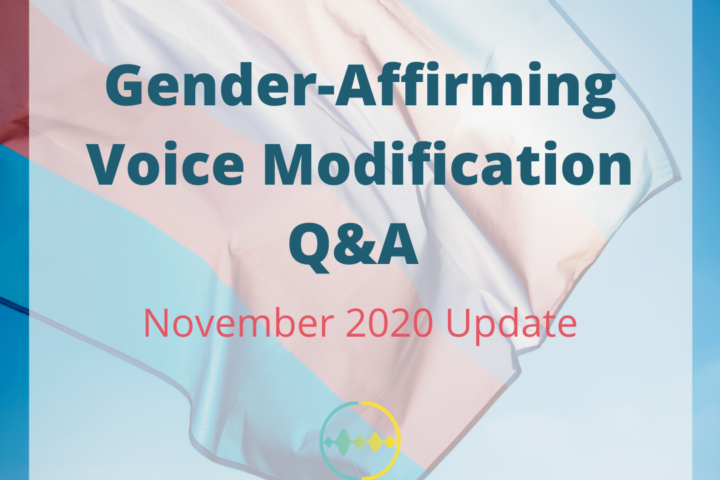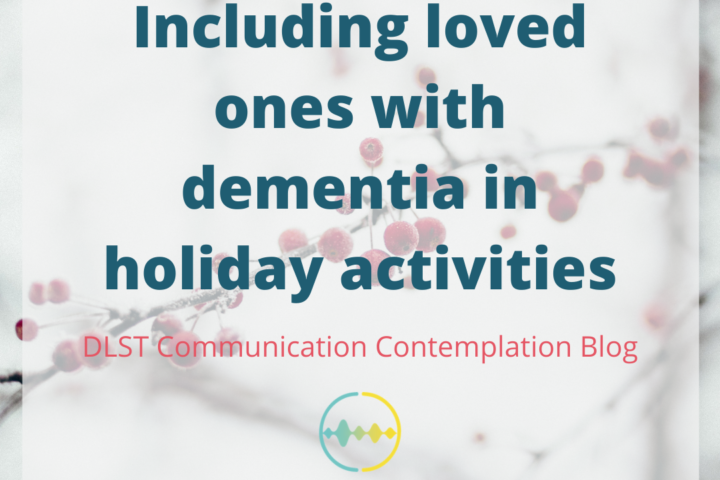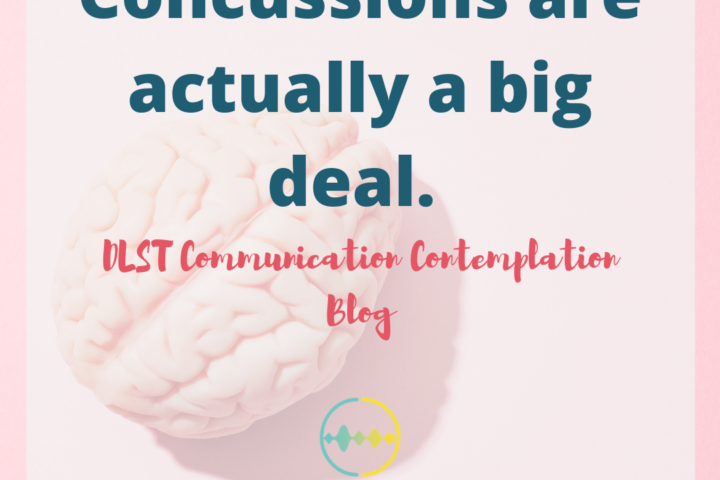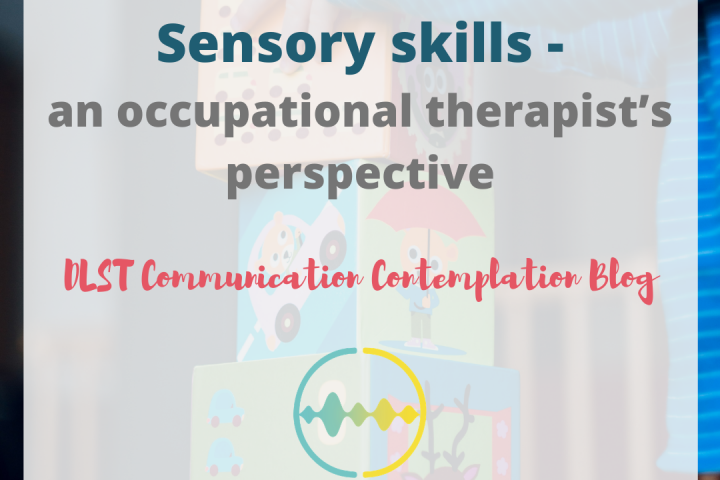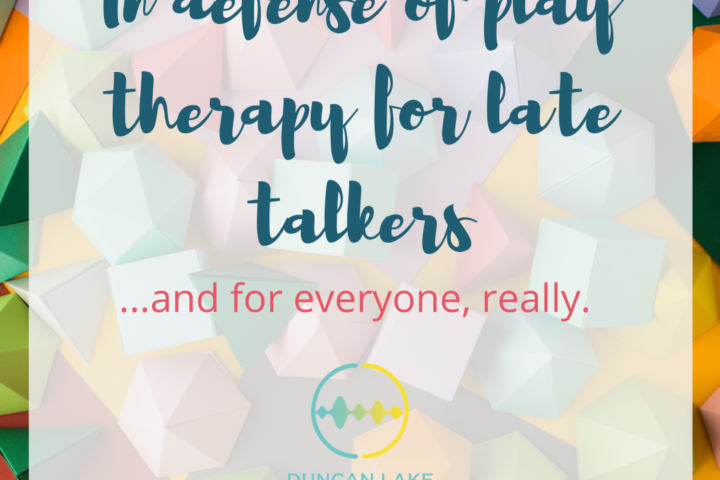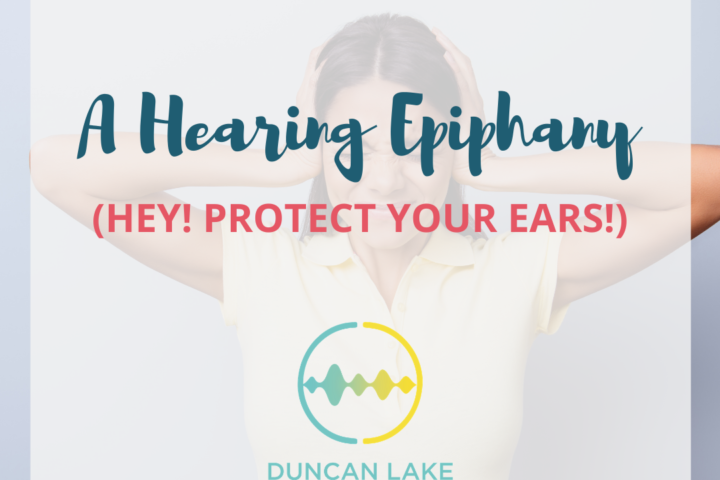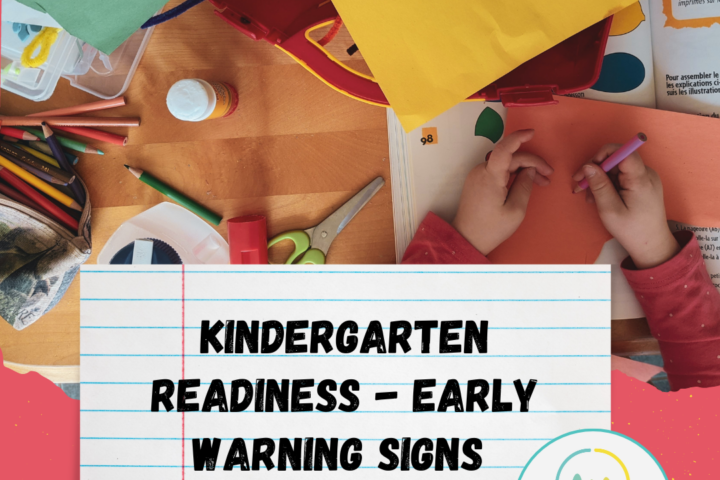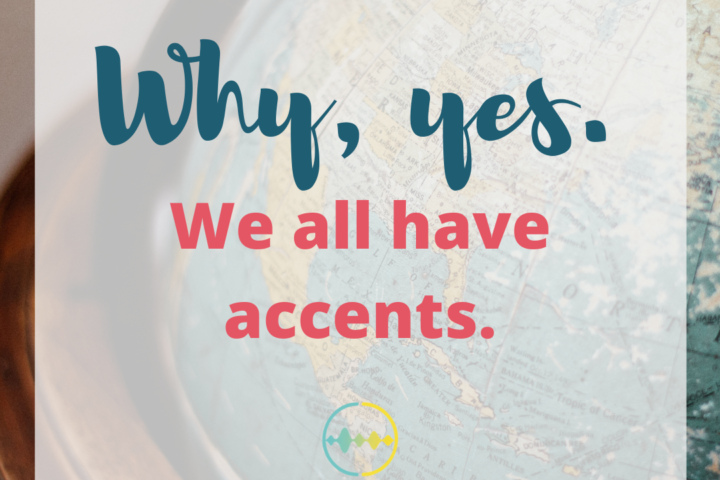Following my quick Q&A video on the DLST Facebook and Instagram pages, I had even MORE questions about gender-affirming voice modification. You know I love audience participation, so I’m so happy people are asking great questions and learning more about this service. Since my video addressed the basics of voice modification, the rest of the...
Tag: grslp
Including loved ones with dementia in holiday activities
Research tells us that, when given meaningful activities in which they can participate, individuals with dementia are more cognitively stimulated. Meaningful activities also help to alleviate anxiety and depression, and promote positive social interactions. All of these factors lead to an improved quality of life for the individual with dementia and, as a result, their caregivers.
Concussions are actually a big deal.
Who remembers this scene from what may arguably be one of the best teen movies of the late 90s? Julia Stiles (Kat) slams her head on a light fixture at a party and sustains what Heath Ledger (Patrick) determines is a concussion. Humor ensues.
This is a pretty common portrayal of concussions. While some of it might be true (funny things people say, etc.), what is not discussed nearly enough is the fact that concussions are actually BRAIN INJURIES. REAL BRAIN INJURIES.
The role of SLPs in ALS care
Given the quick progression of the disease, SLP support needs to happen and it needs to happen immediately. Most people aren’t aware of the role that SLPs play in the care for individuals with ALS, but like with those with other degenerative diseases (like dementia), SLPs can be a huge part of the care team. How so? Let’s talk about it in (very) brief.
Sensory skills – an occupational therapist’s perspective
I mentioned briefly on the Facebook page this week that sensory skills are extremely important, especially when it comes to language development. Our occupational therapist friends are the true experts in this area, so for this week’s blog entry, I brought in a PRO! Friends, we’re so lucky to have Brooke Camp, occupational therapist (OT)...
In defense of play therapy for late talkers (and for everyone, really)
When it comes to our younger kiddos (and often older ones, too), sitting at a table and skill-drilling them isn’t perhaps the best or most realistic idea. For our late talkers, speech-language therapy is almost always play-based. From the outside, play-based therapy literally looks like the speech-language pathologist just playing with the child. This often times shocks parents- how can you be making any therapeutic gains with a late talker if you’re not “doing” therapy!?
Rest easy, friends. Play lends itself extremely well to therapy for our littlest clients, and is the much-preferred model of therapy for this age for a number of reasons.
A hearing epiphany
If hand dryers and DJs are that loud, what else in our everyday lives are really loud? And how long can we be exposed to these sounds before our hearing is impacted?
Chew on this – Dysphagia 101
If you were shocked when I wrote that SLPs help people with their swallowing, you aren’t alone! When I started graduate school, I had no idea that this fell within the realm of speech pathology. So, you’re in good company!
Dysphagia is a very official and fancy term for “swallowing disorder.” The disorder can occur as a result of something going on in the mouth (oral cavity) or in the throat (pharyngeal cavity). It can also occur as a result of something going on in the stomach, but we leave that to the GI doctors (I know nothing about stomachs). Either way, food and liquids are not making their way properly to the stomach. Sometimes it escapes out of the mouth and other times, it escapes into the lungs.
Kindergarten readiness – Early warning signs
Do you remember kindergarten? I do! I went for a half of a day. My classroom had a paraprofessional and a teacher. I can vividly remember learning how to make my letters, participating in calendar activities, and playing outside. Milk came in a bag! What a world!
Kindergarten of today is NOT kindergarten of the late 80s and early 90s. Scholastic published this great article describing how kindergarten has evolved since the turn of the century.
Why yes, we all have accents! – SLPs and accent modification
Even though we all have accents, some people want to modify them. Luckily, your friendly, neighborhood speech-language pathologist is here to help!

